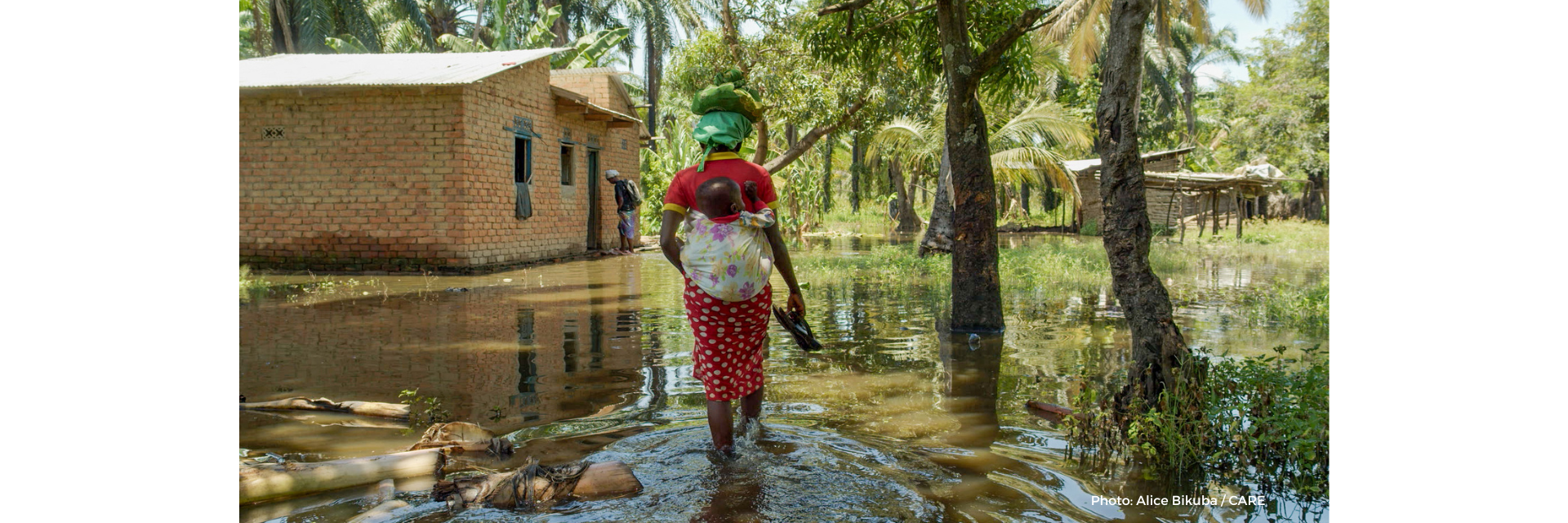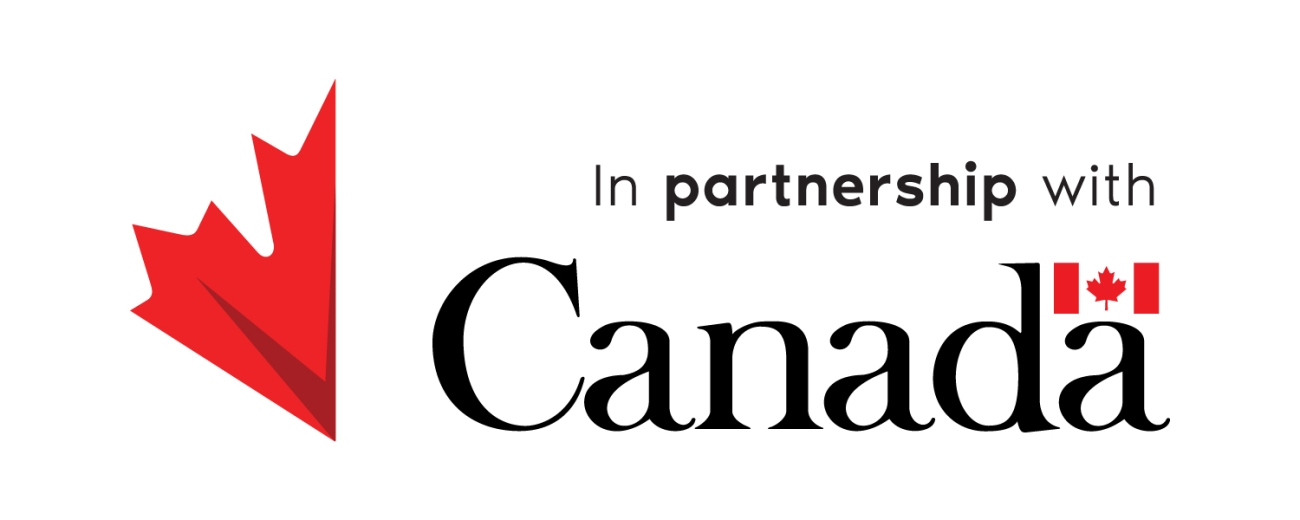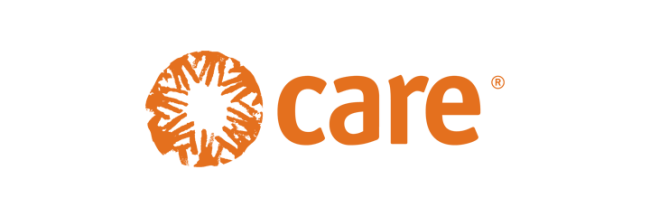
Floods in the Democratic Republic of the Congo
People Helped
Humanitarian Needs
The Democratic Republic of the Congo (DRC) has been experiencing disastrous flooding in several provinces since November and December 2023. This situation continued into January and February 2024 in the capital Kinshasa and several provinces, including South Kivu, following torrential rains.
In this context, the risk of water-borne and diarrheal diseases resulting from the use of untreated water and unsuitable sanitary facilities is high.
In Fizi territory in the south of Sud-Kivu Province, 8,400 people have been affected, with 1,400 houses destroyed and a dozen schools damaged. Added to this are access challenges following the deterioration of road conditions, with reports of the destruction of bridges limiting access to markets and schools, and movement within villages.
In DRC, women and children are significantly affected by natural disasters. Population movements compound the already existing lower status and vulnerability of women and girls, forcing them to adopt survival practices that compromise their physical and emotional integrity. Although both men and women are affected by the flood disaster, the impact has been more severe on women. Women often do not have access to information, and they are therefore often the last to move out of low-lying areas. Their situation is further exacerbated by social, economic and cultural conditions that continue to expose them to high levels of vulnerabilities. Women's specific needs, especially for adolescents and pregnant and lactating women, are often forgotten during a crisis.
Humanitarian Response
CARE DRC has been implementing humanitarian projects in the DRC, particularly in the eastern regions of the country, since 1990. CARE's integrated humanitarian and development assistance strategy works through local actors to build long-term, sustainable solutions and support good governance.
CARE's response strategy aims to improve access to water, sanitation and health outcomes, and enhance the protection of vulnerable populations, mainly children under five, unaccompanied children, pregnant and lactating women, single elderly people, people with disabilities, people living with chronic illnesses and survivors of gender-based violence (GBV).
In this context, 2,225 WASH kits (water, sanitation and hygiene) will be distributed to 2,225 households along with promotion of hygiene awareness through awareness-raising sessions to encourage good hygiene and sanitation behaviours to reduce morbidity and mortality associated with poor hygiene practices during the flooding crisis and beyond. The kits will include one 20-liter water container (jerrycan), one 10-liter jerrycan for water storage, one 20-liter water bucket, 3 bars of laundry soap, 1 toilet soap and a 5-liter basin.
Protection and GBV awareness sessions will also be conducted by CARE. Further, dignity kits (or Menstrual Hygiene Management kits) consisting of fabric, bucket, soap, towel and underwear will be distributed to 2,225 of the most vulnerable women and girls in the area.


Our response to small and medium-scale disasters is co-funded by Global Affairs Canada, the member agency delivering the assistance, and donations to the Humanitarian Coalition. Your gift will help us be ready for the next disaster. Donate today.